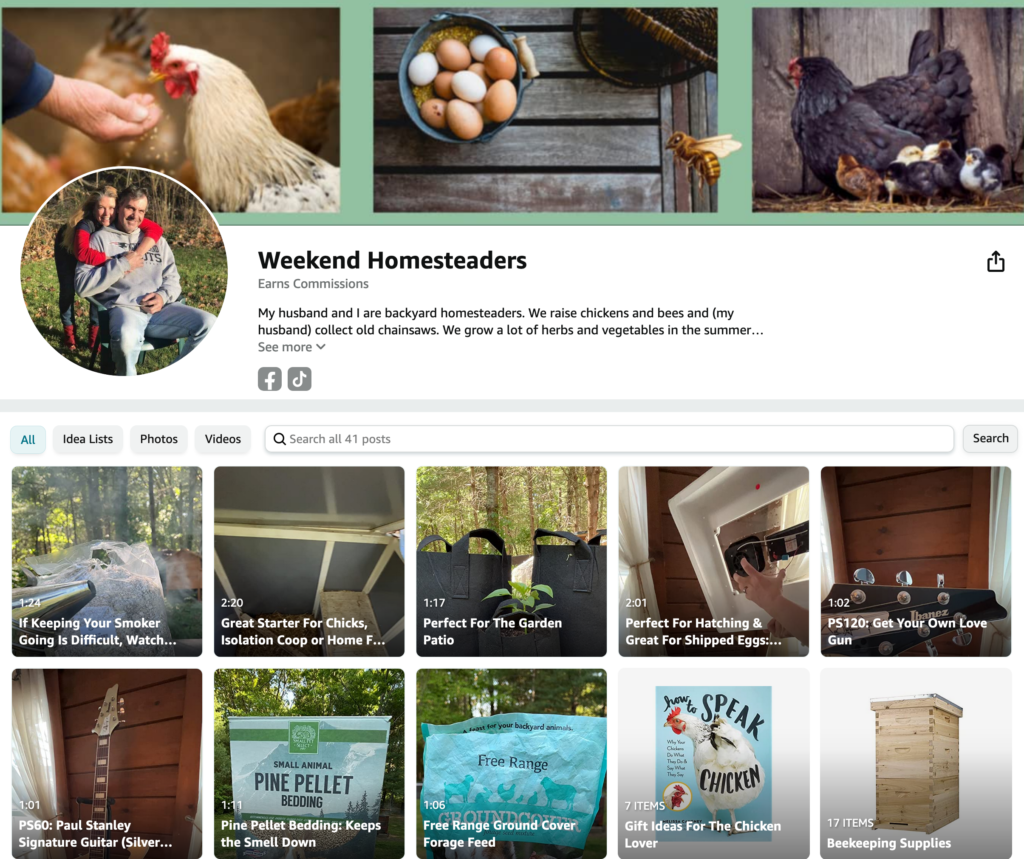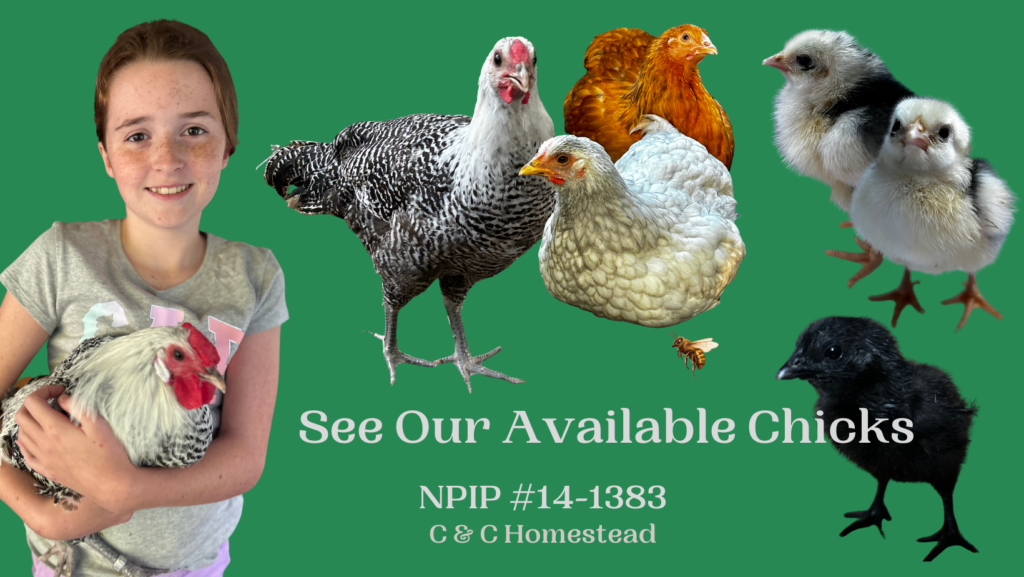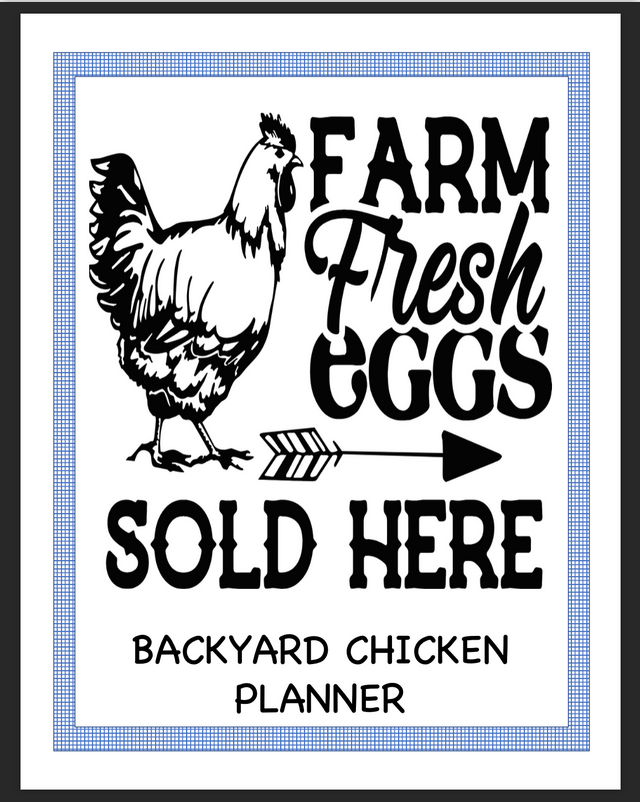Balancing Corporate & Homesteading Lifestyles
Let’s Talk Rooster
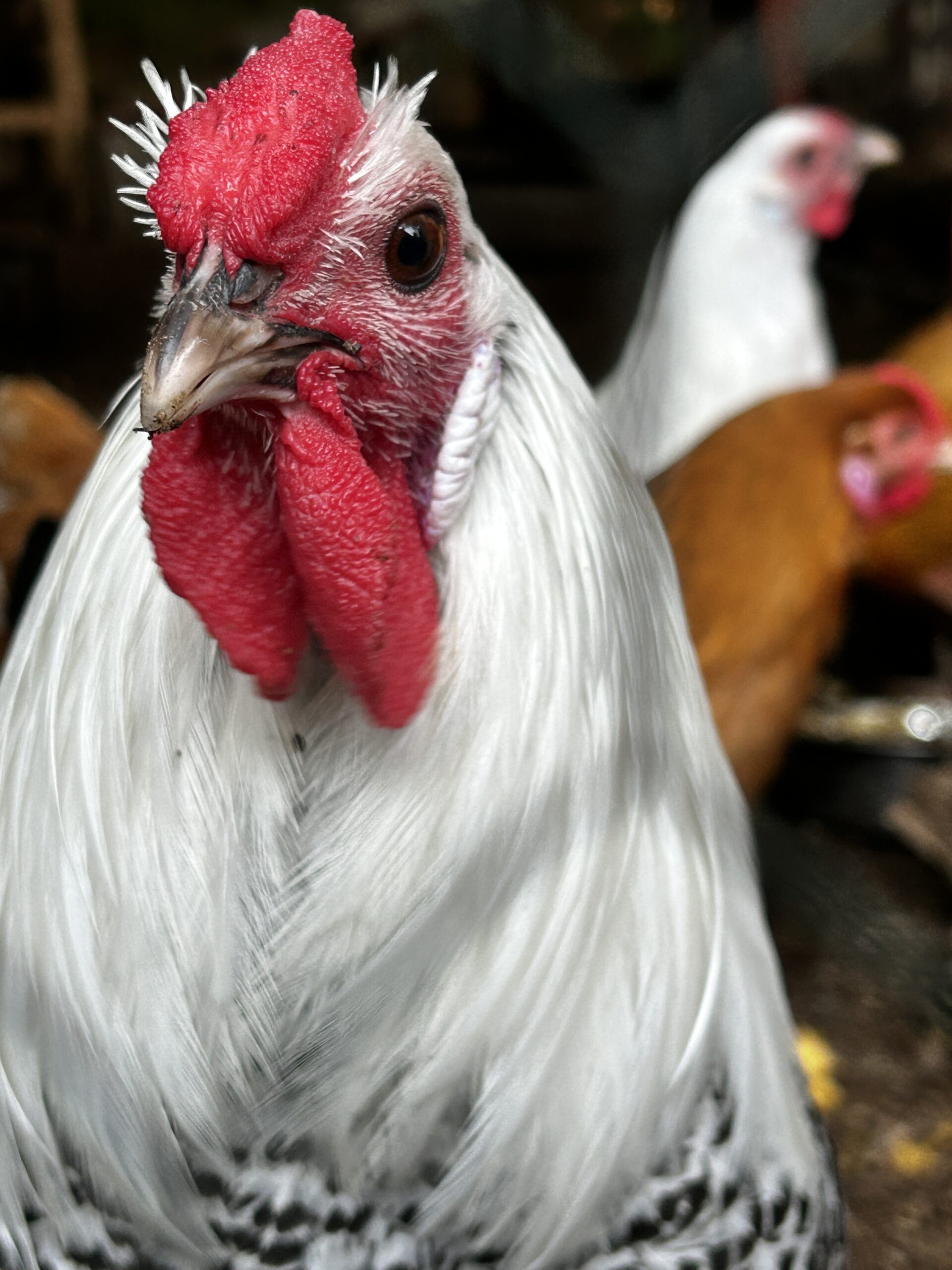
This is my rooster Storm, a Silver Deathlayer. At the time of writing, he is about 8 months old.
I won't go into the story of getting him (I'll save that for another day). I wanted a Deathlayer roo, and was happy to hatch him and his 2 DL hens. He joined my Wyandotte hens (3) and we recently added Amercauna hens (2) to his flock.
Storm was as sweet as anything until his girls started laying and about the time his hormones kicked in. Now, he has his moments and I am working hard to understand his behavior and build trust.
I am in a lot of chicken groups on Facebook and I see so many posts about roosters and the recommended solutions to their natural behaviors. When you really look at the psychology, many of the recommendations, just don't make sense.
First, we need to look at the primary purpose of a rooster, it's to protect the flock. Chickens are prey animals, and their instinct to survive is strong. A rooster's instinct protect the flock is STRONG.
People's first go-to, when it comes to roosters, is dominance. Many methods of dominance are actually creating fear. Fear is not trust, and it's not the relationship that I am looking to create with my rooster.
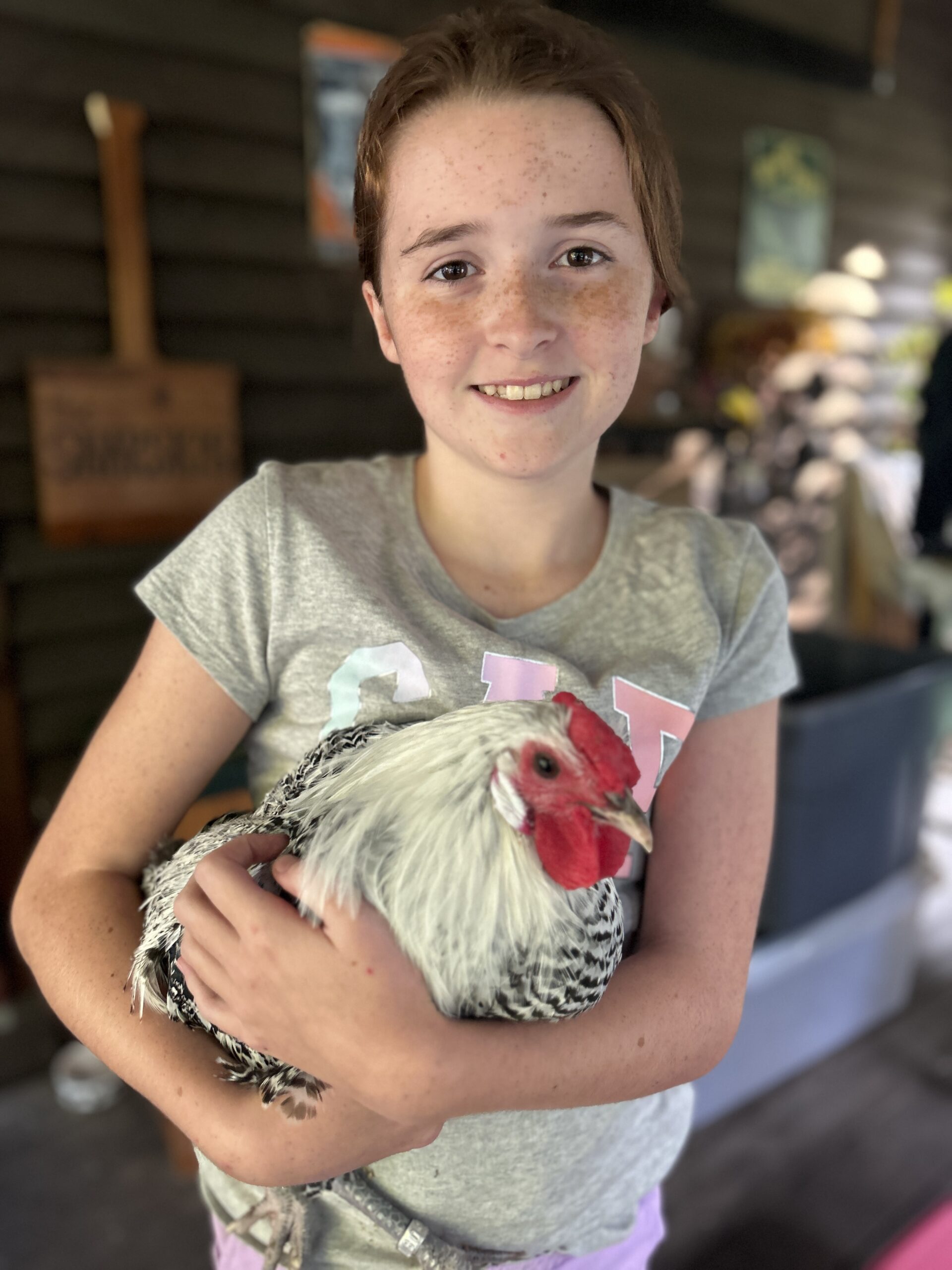
A little digression but I have worked with horses for many years, another prey animal. Dominance doesn't work. I could not nor would not try to out muscle and dominate a 1200 lb animal. Granted, roosters are only 7lbs or so (depending on the breed) and easy to out muscle ... but the psychology, regardless of size, is the same.
A relationship of fear is not the goal. It may provide a temporary solution but disaster is ahead. Fear may create submission, but that isn't trust and could have unwanted consequences when you aren't looking.
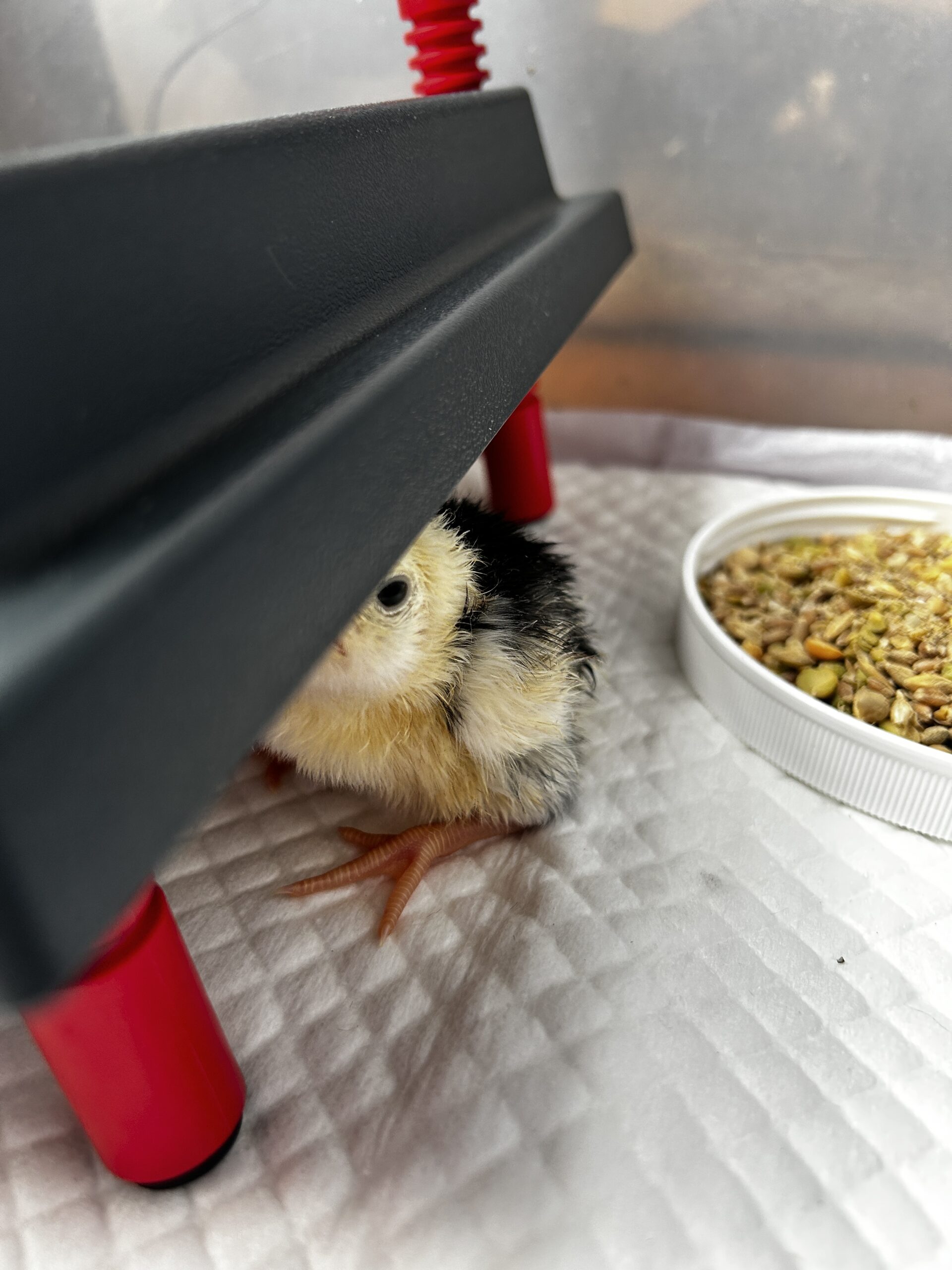
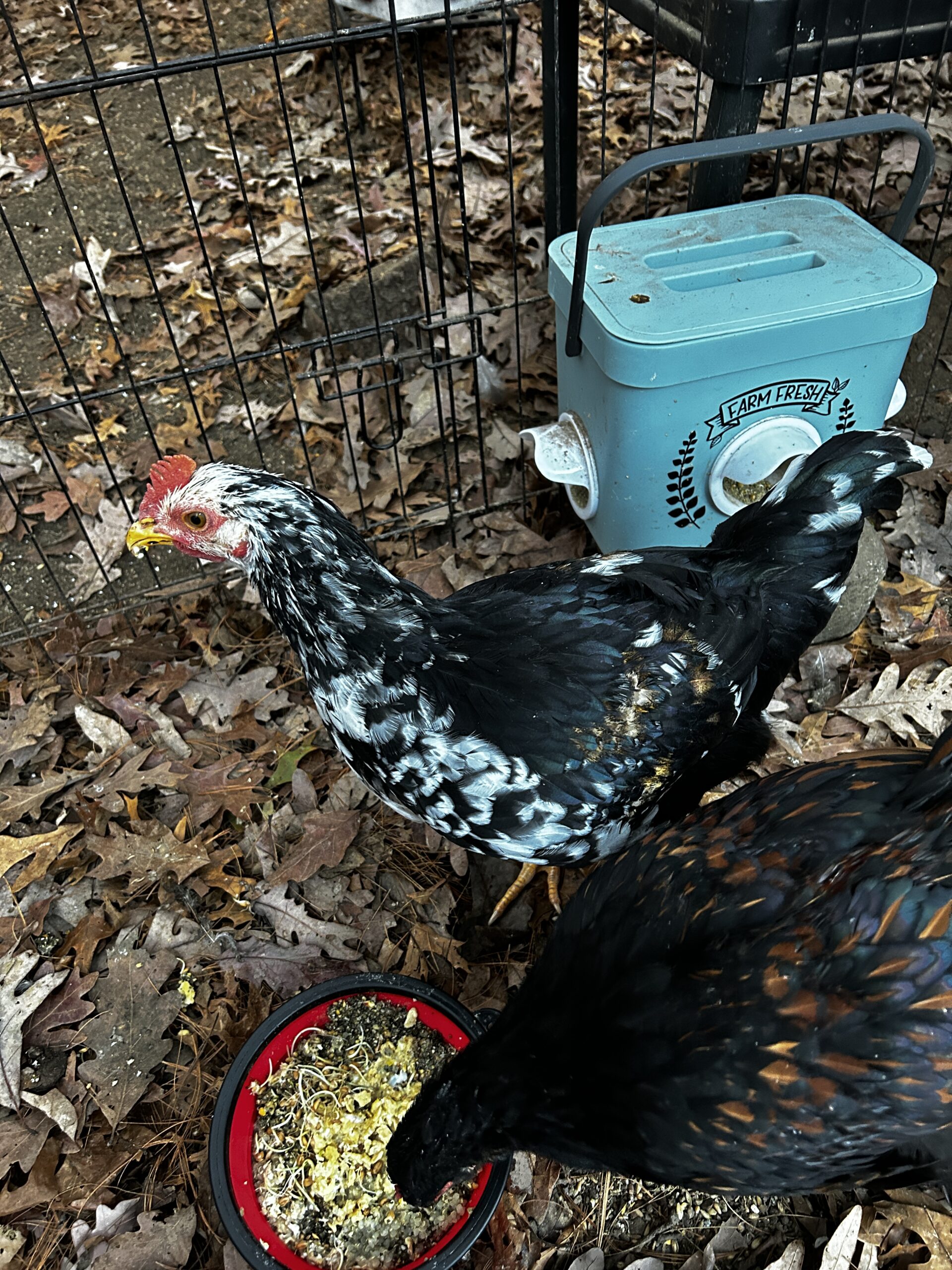
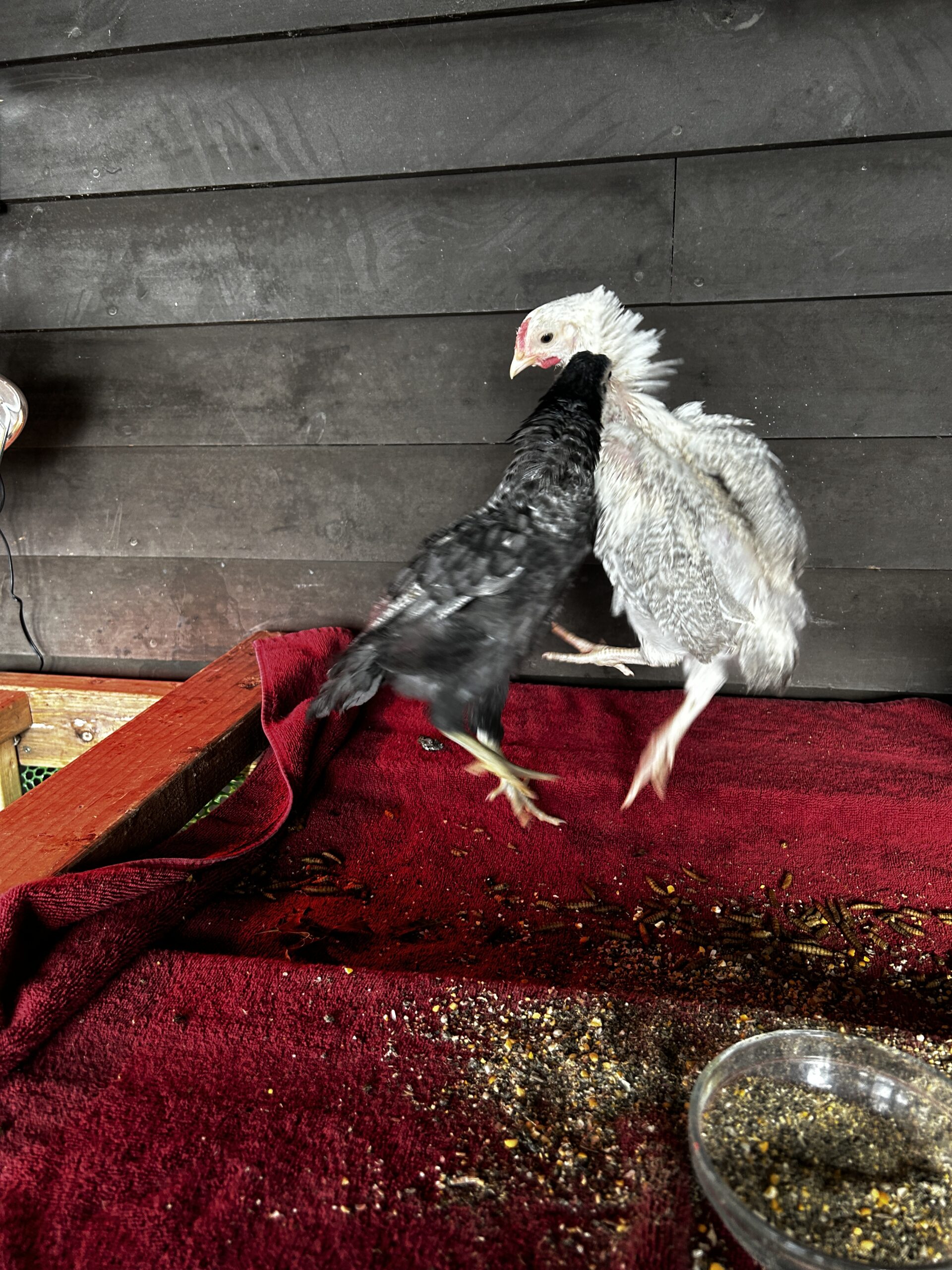
Roosters aren't for everyone. For some flocks, they aren't necessary. And sadly roosters are a dime a dozen ... think about it ... 1 rooster to 8-10 hens with a 50% hen/rooster hatch rate ... to most roosters are disposable. Solution to a problem, make soup and get another and try again.
So again think of the psychology, create fear in your rooster and it will increase their innate drive to protect. Cultivate trust, a different story. It takes time and work, but if you have a rooster you want, especially rare breeds, putting the time in is well worth it.
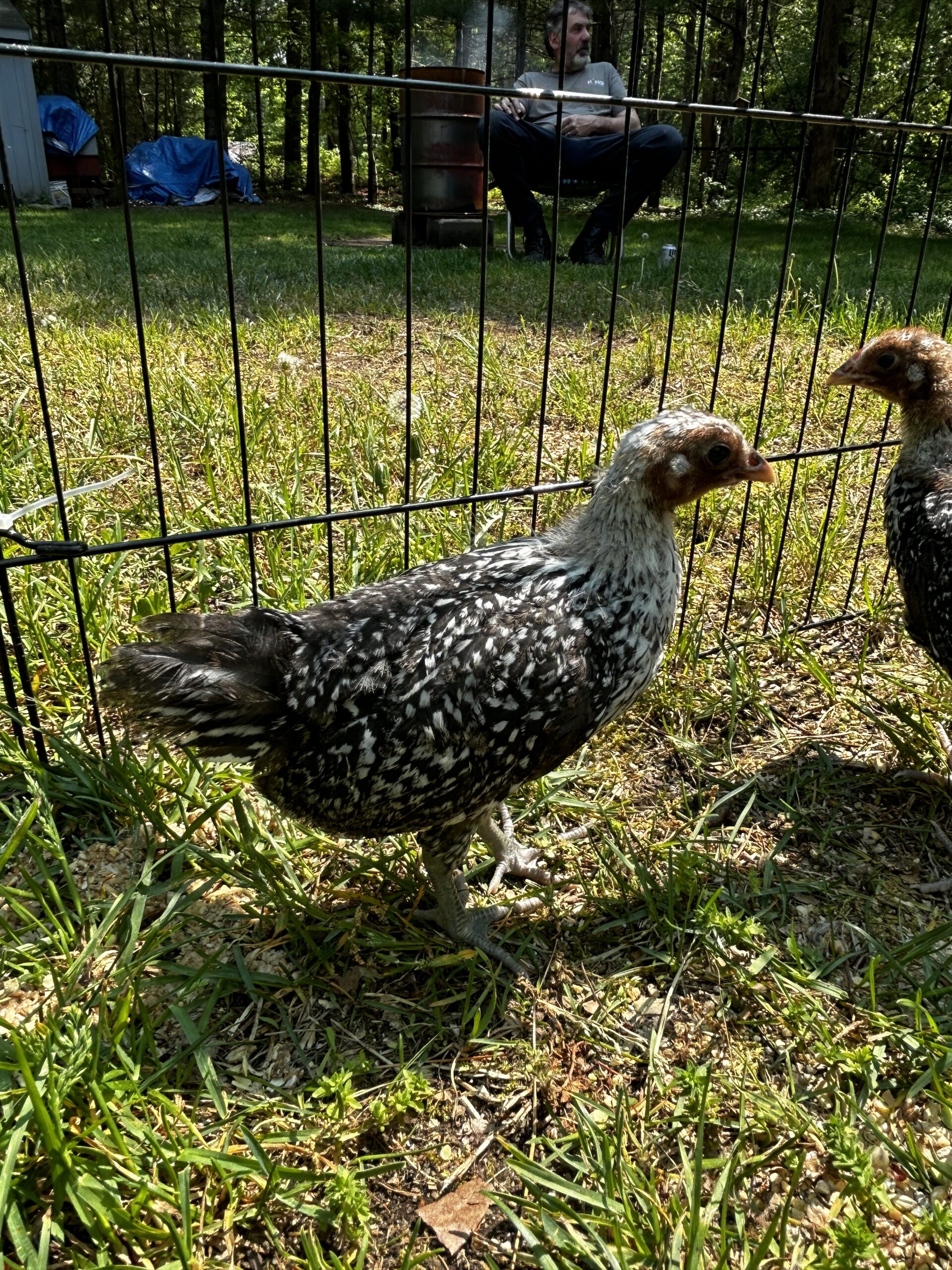
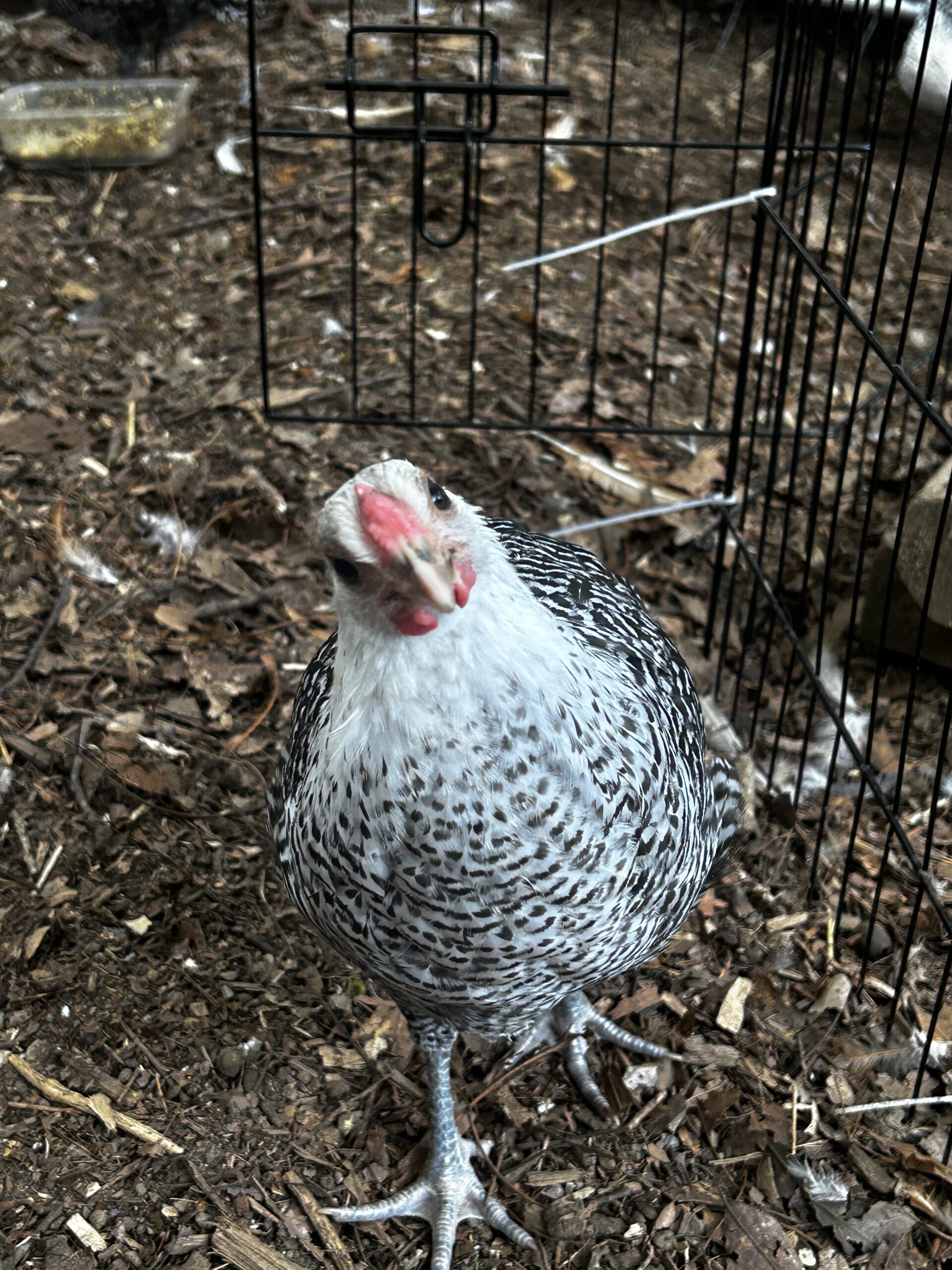
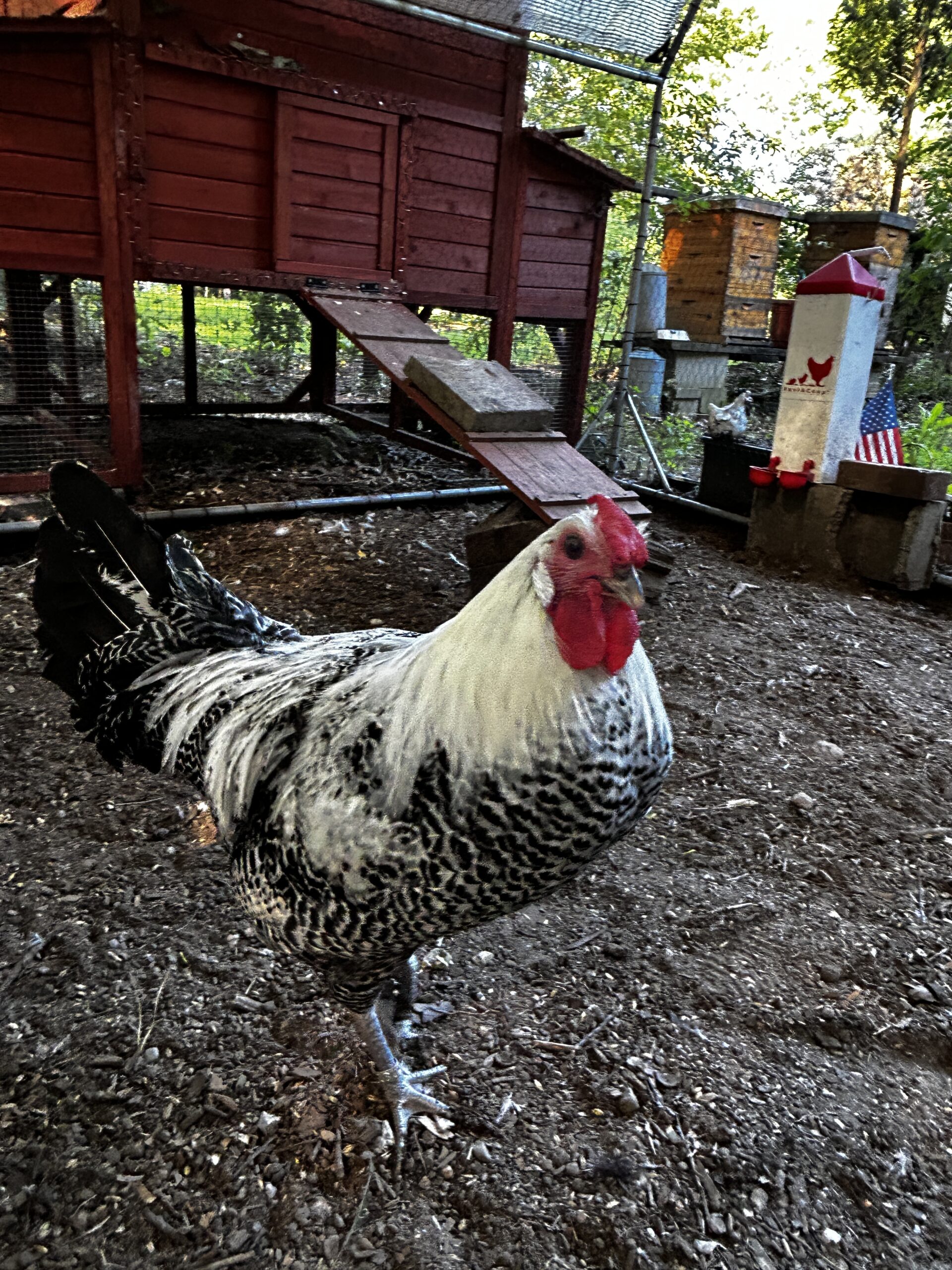
More about Storm ... he has come at me ... but never has "yet" made contact. I never turn my back on him, I always bring him treats (he loves popcorn), he hates new voices ... if I am on my phone collecting eggs or near the run and on speaker phone, he gets upset and aggressive. He does not like me handling "his" hens. He always backs off if I step towards him. I have to use a net to catch him. I wish this wasn't the case and am working to change it, but it is what it is right now. When I catch him, I hold and pet him and he relaxes.
I am always contentious of his behavior. I can see when he is agitated. I NEVER wear shorts in the run. I have gloves that I wear when needed, like when opening or shutting my coop door (it gets stuck) because it doesn't work smoothly, it will be fixed but until then, I wear gloves because Storm will come at the door if it gets stuck and he feels threatened and peck my fingers.. Sounds silly, but I now sing to them when I go in the coop to close the door at night (Zip-a-Dee-Doo-Dah).
The bottom line is Storm doesn't trust me. Will he learn to? I hope so. I will do all that I can to earn his trust ... soup isn't the answer.
Want to learn more about building a relationship with your rooster, then check out Roovolution.
